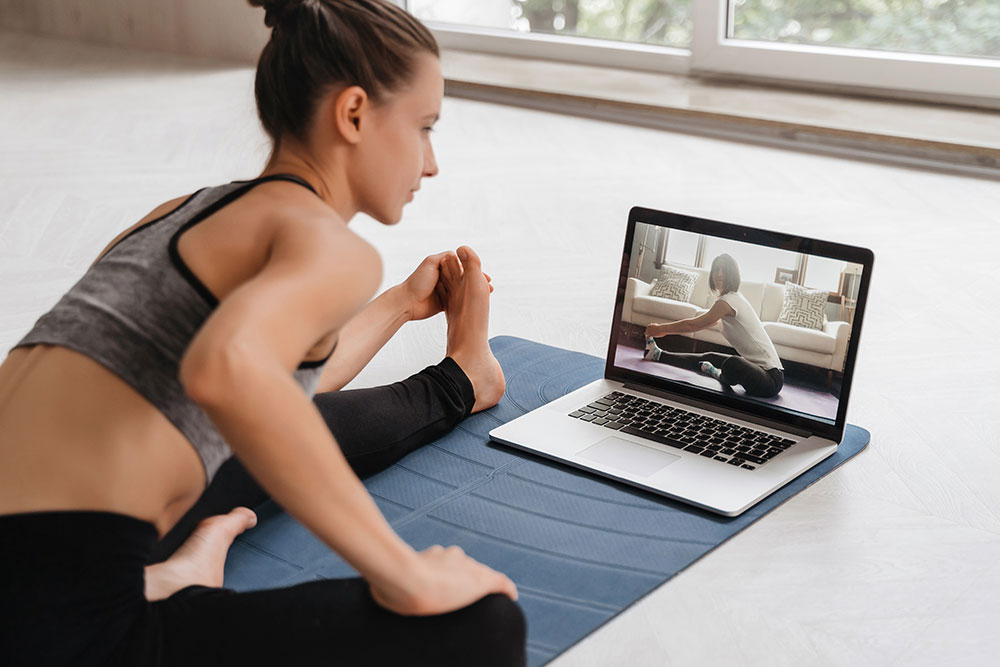Key Factors to Consider When Choosing an Online Personal Trainer
Selecting the right online fitness trainer involves considering certifications, availability, experience, client feedback, coaching style, and referrals. This guide highlights key factors to ensure you find a professional who meets your fitness goals effectively and safely. With proper vetting, online training can offer personalized, flexible fitness solutions tailored to your needs.

Important Aspects to Think About Before Selecting an Online Personal Trainer
As remote workouts gain popularity, many individuals are turning to online fitness coaching for its numerous advantages. The primary appeal is flexibility, allowing users to exercise anywhere at any preferred time. Online training also grants access to various skilled trainers, offers continuous support, and allows highly personalized workout plans.
With a variety of online fitness platforms available, it’s essential for enthusiasts to consider several factors to find a trainer that aligns with their unique goals and needs.
1. Certifications and Credentials
verifying a trainer’s expertise starts with checking their certifications. Ideally, select a coach with recognized accreditation from reputable fitness authorities. This demonstrates their formal education in areas like anatomy, physiology, and kinesiology, which are crucial for designing safe and effective workouts. Certified trainers can tailor programs to individual needs, ensuring safety and efficacy in exercise routines.
2. Trainer Availability
Flexibility is key in online training, but availability can vary among trainers. It’s important to inquire about their schedule, the number of clients they work with simultaneously, and how much personalized attention they provide. Choosing a trainer with compatible timings ensures consistency and better progress.
3. Experience and Expertise
The fitness industry constantly evolves, so a seasoned trainer who keeps up with the latest research and techniques offers better guidance. Their experience helps them customize workouts effectively and communicate instructions clearly, adapting routines to meet individual needs.
4. Client Portfolio and Feedback
Looking into a trainer’s past clients provides insight into their versatility and success rate. Trainers who have worked with diverse individuals typically customize programs better. Many trainers offer trial sessions, allowing clients to assess compatibility and coaching style before committing.
5. Coaching Approach and Philosophy
Understanding a trainer’s philosophy helps determine if their methods suit your preferences. Ask about program customization, whether meal plans are included, and how progress is tracked. A good trainer motivates without overexertion, ensuring sustainable results. Initial consultations or trial sessions are useful to evaluate their coaching style.
6. Recommendations and Testimonials
Referrals from friends, family, or colleagues often indicate trustworthy trainers. If personal references aren’t available, review testimonials and feedback on online platforms. Positive reviews about responsiveness, effectiveness, and support can guide your decision. Choosing a recommended trainer enhances confidence in their professionalism.









